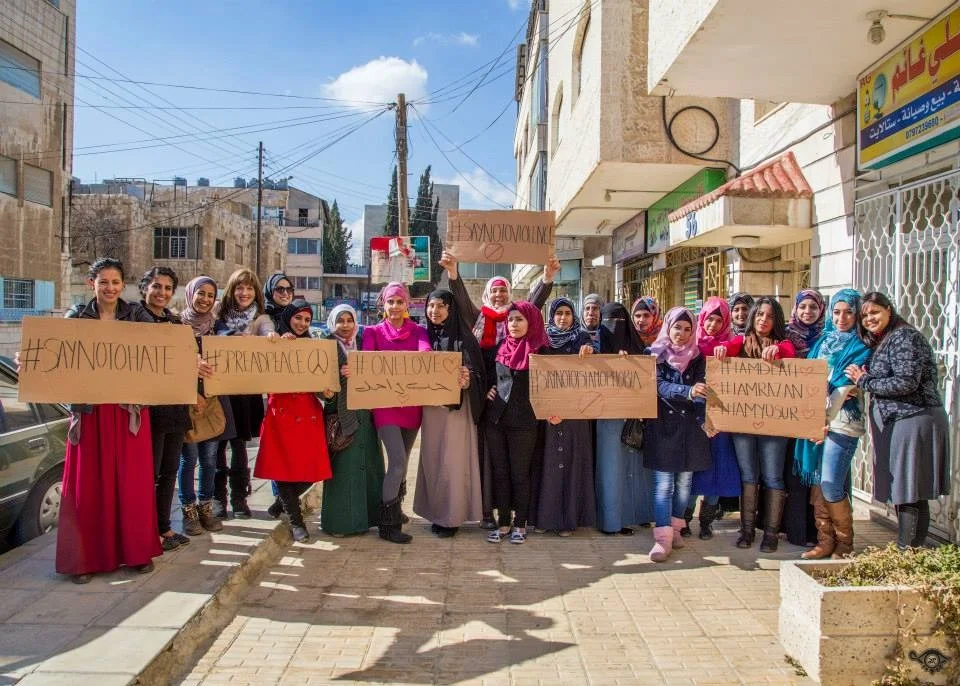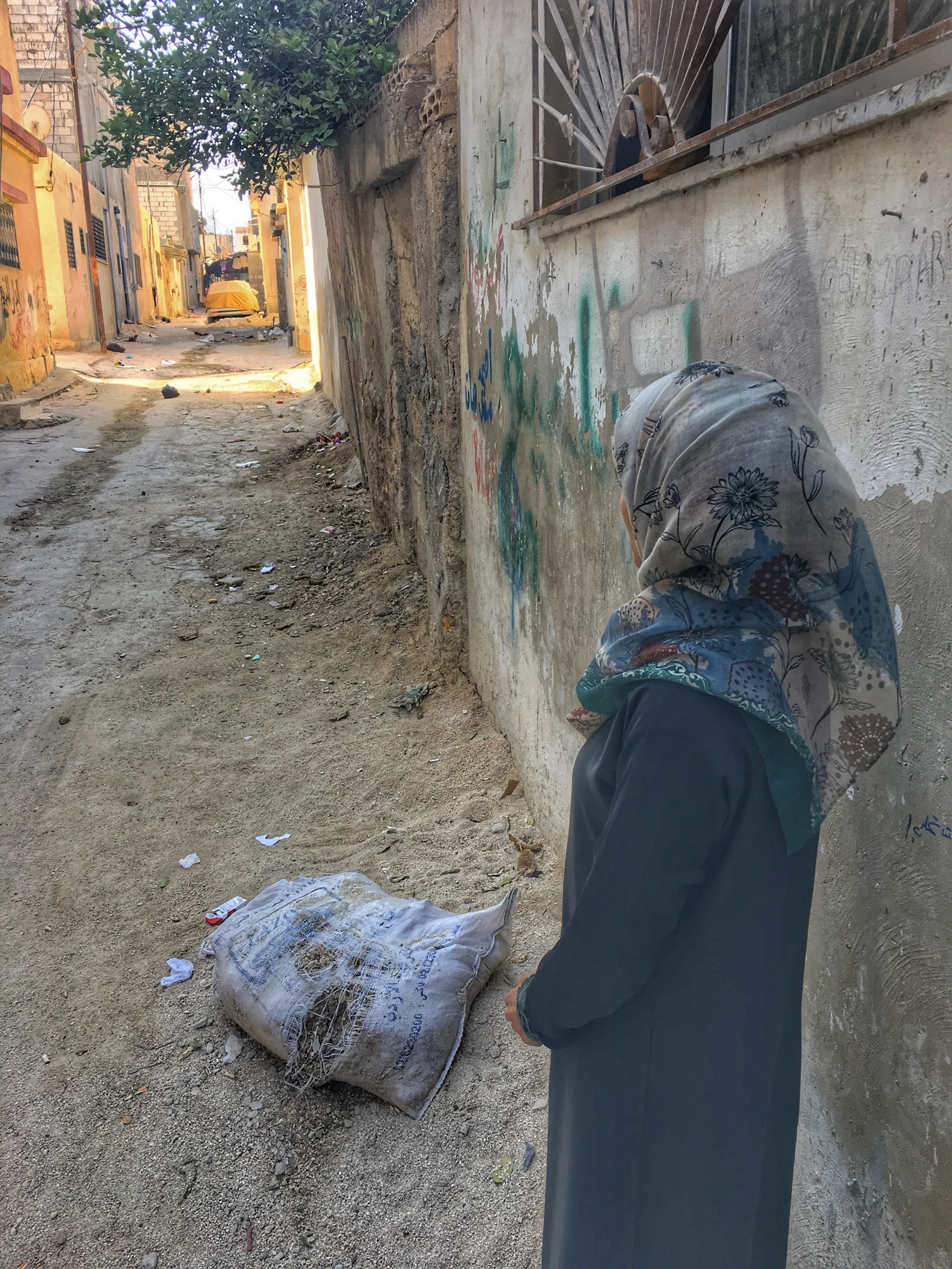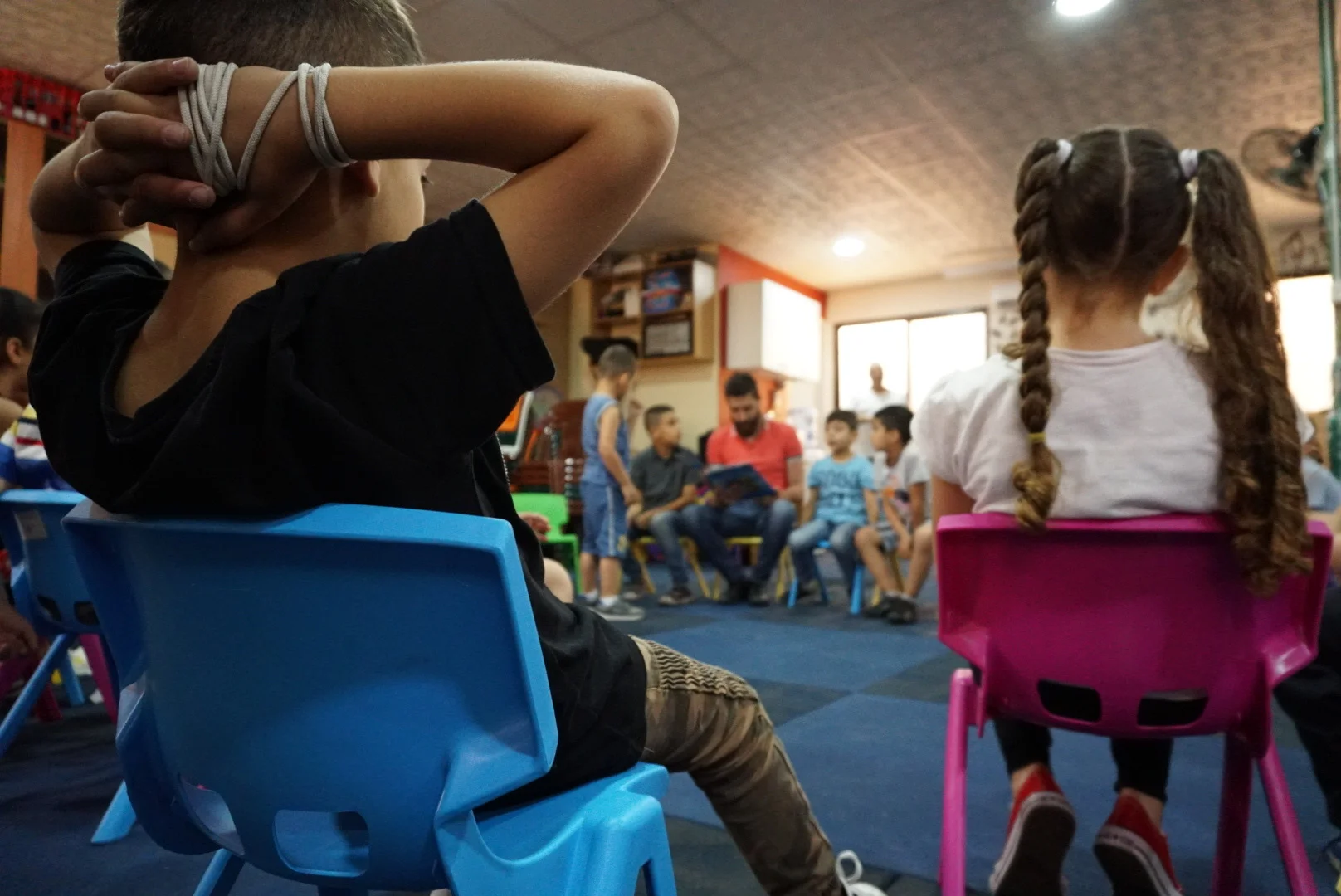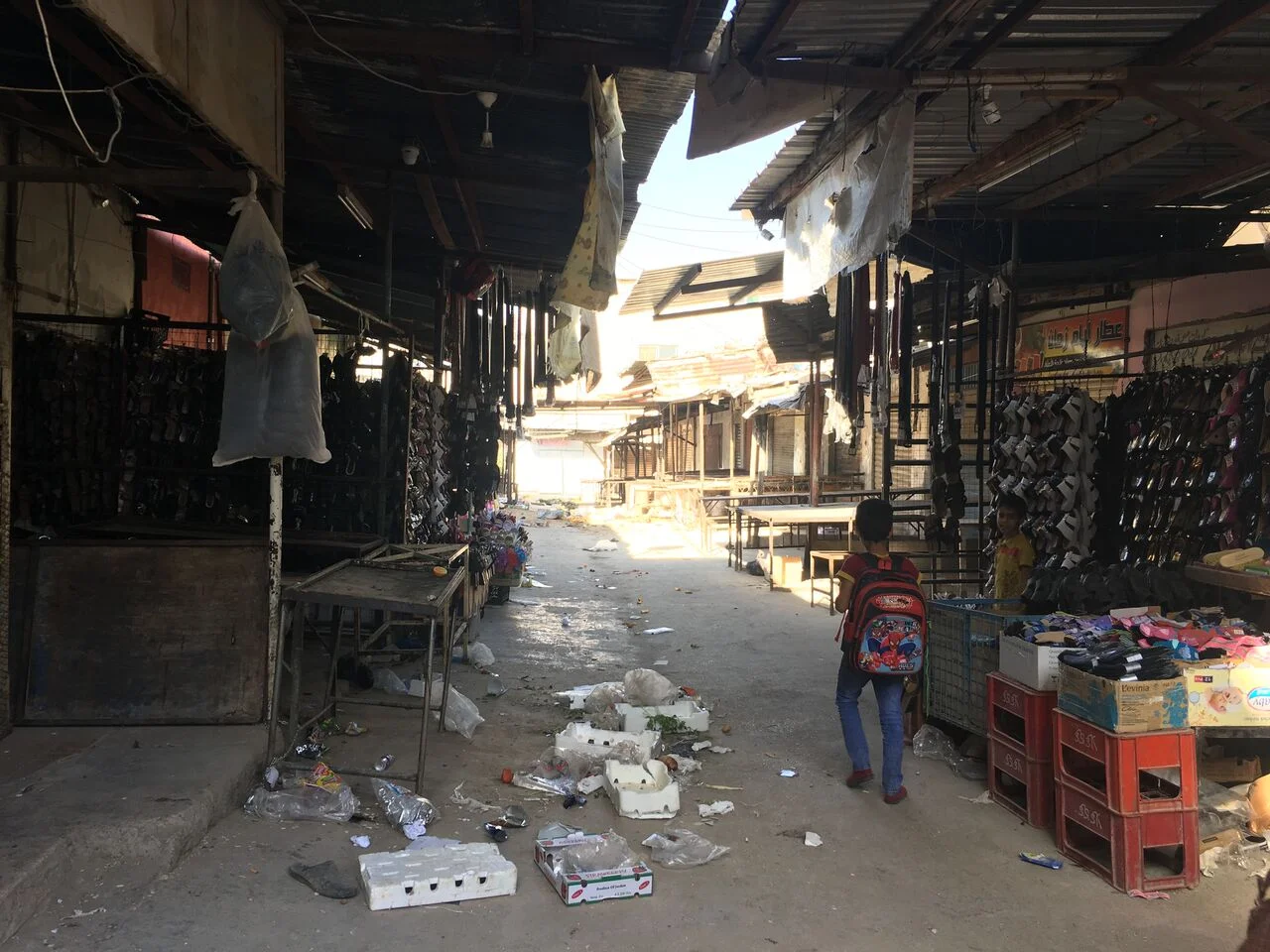Videos
FAQ’s About Palestinian Refugees
Who are Palestinian refugees?
Palestinian refugees are men, women, and children who were displaced from their homes in Palestine as a result of the 1948 Arab-Israeli War and/or the Six-Day War in 1967. Generally, under international law, their descendants are also considered refugees.
How did Palestinians become refugees?
The 1948 Arab-Israeli War displaced 750,000 Palestinians. The 1967 Six-Day War displaced an estimated additional 430,000. During both conflicts, civilian life at home became untenable in many locations, forcing survivors to flee their homes until the war was ended. Following the end of both wars, Israeli military forces prevented virtually all of the refugees from returning to their homes and livelihoods. A limited number of Palestinian refugees were able to obtain citizenship in a new country (mostly Jordan), but the overwhelming bulk of them became stateless.
How many Palestinian refugees are there today?
Palestinian refugees are the oldest - and until last year were the largest - refugee population in the world. Currently, there are 5.34 million Palestinian refugees registered with the UN, though total estimates can exceed 8 million when unregistered displaced persons are included.
Where do Palestinian refugees live?
The great bulk of Palestinian refugees live in Syria, Lebanon, Jordan, and (under the Palestinian Authority and/or Israeli military control) in the West Bank and Gaza Strip. These areas host 58 official Palestinian refugee camps.
What are the rights of refugees?
Under international law, refugees have the right to return to their homes and receive restitution for their losses. UN Resolution 194 expressly confirmed this right of repatriation for refugees “wishing to return to their homes and live in peace with their neighbors,” and the option of compensation for those choosing not to return. In 1974, Resolution 3236 further clarified that the right to return is an “inalienable” human right.
Doesn’t the United Nations address this problem somehow?
The United Nations Relief and Works Agency (UNRWA) was set up in 1949 to address the humanitarian needs caused by the refugee crisis, but 69 years later, the crisis continues. UNRWA is separate from the much better-known UN High Commissioner for Refugees (UNHCR). The UNHCR does not concern itself with most Palestinian refugees. Unfortunately, because UNRWA does not have both a humanitarian and protective mandate like the UNHCR, Palestinian refugees lack protections afforded to other refugees.
Why can’t Palestinian refugees return home?
The State of Israel controls all entry into the lands from which Palestinian refugees fled in 1948 and 1967. This includes areas located within the State of Israel and the Israeli military-occupied West Bank, as well as the Gaza Strip (where although one side of the border is controlled by Palestinians, Egyptian security forces on the other side are aligned with Israeli border control objectives and actively coordinate policy and security issues with Israel).
Critically, Israel does not acknowledge Palestinian refugees’ legal right to return and categorically refuses them entry. It contends that there is no space in Israel for the refugees; that the refugees would threaten security; and that the return of the refugees would jeopardize its predominantly Jewish demographic. Legally speaking, none of these justifications are supported by international law. Practically speaking, 80% of the Jewish Israeli population resides on 15% of the land, and most areas where Palestinian villages were demolished in 1948 now lie uninhabited. Regarding security issues, Palestinian refugees broadly accept that a return to their homes would not coincide with the eviction of Jewish Israelis and that it must be implemented on principles of equality and human rights. The demographic argument is in essence an admission that Israeli state policy sanctions religious discrimination in violation of international law.
Further Resources
Books
Blood Brothers, by Elias Chacour with David Hazard, Grand Rapids, MI: Choosen Books, 1984.
Whose Promised Land?: The Continuing Crisis Over Israel and Palestine, by Colin Chapman, Oxford: Lion Publishing, 2002.
My Father Was a Freedom Fighter, by Ramzy Baroud, Pluto Press, 2010.
The Hundred Years’ War on Palestine, by Rashid Khalidi, Metropolitan Books, Henry Holt and Company, 2020.
Palestine: A Four Thousand Year History, by Nur Masalha, Zed Books Ltd, 2018.
Palestine: Peace Not Apartheid, by Jimmy Carter, New York, Simon and Schuster, 2006.
The Ethnic Cleansing of Palestine, by Ilan Pappé, One World Publications, 2006.
The Lemon Tree: An Arab, a Jew, and the Heart of the Middle East, by Sandy Tolan, New York, Bloomsbury, 2006.
The Question of Palestine, by Edward W. Said, New York, Times Books, 1979.
From Beirut to Jerusalem, by Thomas L. Friedman, New York, Anchor, 1990
Whose Land? Whose Promise?: What Christians Are Not Being Told about Israel and the Palestinians, by Gary M. Burge, Cleveland, OH, The Pilgrim Press, 2003.
Jesus and the Land: The New Testament Challenge to "Holy Land" Theology, by Gary Burge, Grand Rapids, MI, Baker Academic, 2010.
The Balfour Declaration The Origins of the Arab-Israeli Conflict, by Jonathan Schneer, New York, Random House, 2010.
My Promised Land: The Triumph and Tragedy of Israel, by Ari Shavit, New York, Random House, 2013
Zoom in. Palestinian Refugees of 1948, Remembrances [English - Hebrew Edition], by Menachem Klein, Efrat Ben- Ze'ev and Sami Adwan, Institute for Historical Justice and Reconciliation and Republic of Letters Publishing BV, Dordrecht, The Netherlands/St. Louis, MO, 2011.
Zion's Christian Soldiers? : The Bible, Israel and the Church, by Stephen Sizer, Downers Grove, IL, InterVarsity Press, 2008.
Breakthrough: Transforming Fear Into Compassion - A New Perspective on the Israel-Palestine Conflict, by Rich Forer, Albuquerque, NM, Insight Press, 2010.
Salt Houses, by Hala Alyan, New York City, New York, Houghton Mifflin Harcourt, 2017.
Ten Myths About Israel, by Ilan Pappe, London, Verso, 2017.
A Balcony Over the Fakihani, by Liyana Badr, Brooklyn, NY, Interlink, 2002.
Mornings In Jenin, by Susan Abulhawa, New York, Bloomsbury, 2010.
Habibi, by Naomi Shihab Nye, Simon Schuster Books for Young Readers, June 1999.
Against A Loveless World, by Susan Abulhawa, Atria Books, August 2020.
Contested Land, Contested Memory: Israel’s Jews and Arabs and the Ghost of Catastrophe, by Jo Roberts, Dundurn, January 2013.
Children of the Stone, by Sandy Tolan, Bloomsbury USA, January 2014.
Minor Detail, Adania Shibli, New Directions, May 2020.
The Parisian, by Isabella Hammad, Vintage Digital, 2019.
Movies
TV Episodes
Christians of the Holy Land (60 Minutes Report)
Jerusalem, West Bank, and Gaza (Anthony Bourdain: Parts Unknown)




















